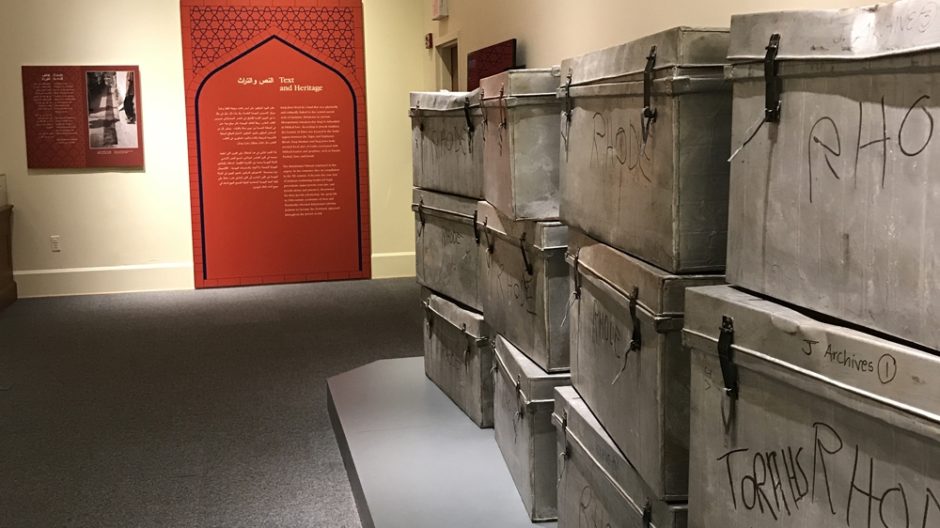There is a good case for keeping the Iraqi Jewish Archive in the United States rather than giving it back to Iraq.
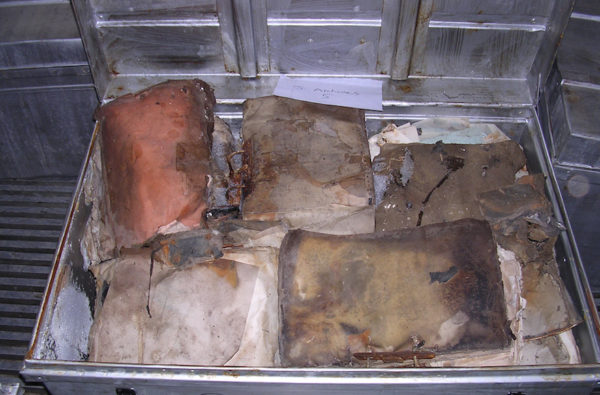
Consisting of tens of thousands of religious texts, books, personal items and photographs, this priceless trove contains items ranging from a 16th century Hebrew bible to an 18th century Talmud. Found by American troops in the flooded basement of the Iraqi secret service in Baghdad in 2003, shortly after the U.S. invasion of Iraq, the collection was waterlogged, muddied or stained. Brought to America in the same year, it was restored and digitized by the National Archives in Washington, D.C. at a cost of over $3 million. It was then exhibited at a number of museums in the United States.
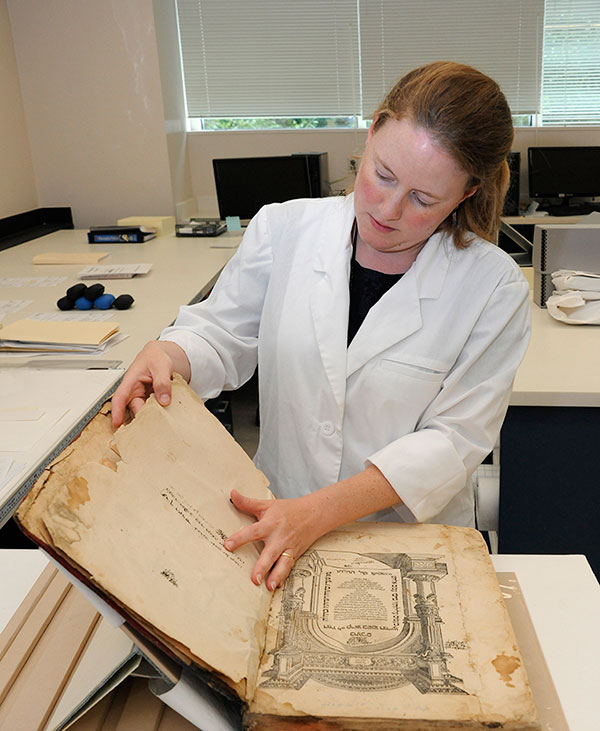
Under an agreement with the Iraqi government, the archive was to be sent back to Iraq, but in 2014 Iraq agreed it could remain in the United States until 2018.
With the four-year extension expiring this coming September, the archive is due to be returned to Iraq. But in two new developments, the U.S. State Department is working to keep it in the United States, while four U.S. senators — Pat Toomey, Charles Schumer, Richard Blumenthal and Marco Rubio — have introduced a resolution along these lines.

“These invaluable cultural treasures belong to the people and their descendants who were forced to leave them behind as they were exiled from Iraq,” said Schumer, the Senate minority leader. “The State Department should make clear to the Iraqi government that the artifacts should continue to stay in the United States.”
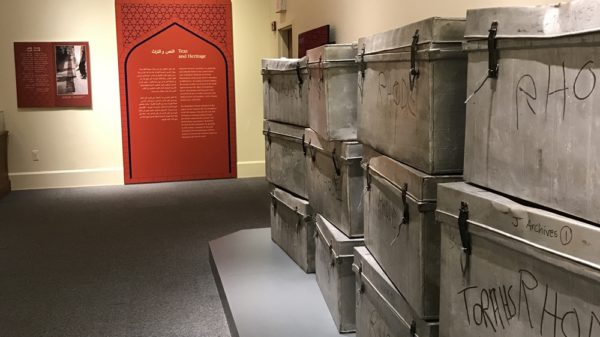
“It makes no sense for this material to return to Iraq when the vast majority of Iraqi Jews and their descendants live in the Diaspora,” Toomey noted, neglecting to mention that tens of thousands of Jews from Iraq immigrated to Israel in the early 1950s.
As result, Iraq, once home to one of the largest Jewish communities in the Arab world, is now more or less bereft of Jews.
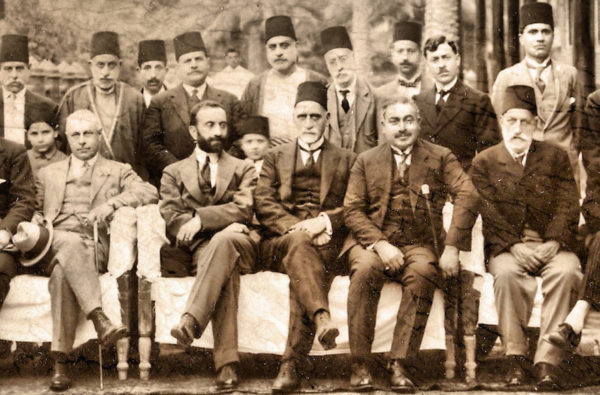
A compelling argument for maintaining the status quo with respect to the present locale of the archive was made last year by Gina Waldman, the founder and president of Jews Indigenous to the Middle East and North Africa. As she put it, “There is no justification in sending (it) back to Iraq, a country that has virtually no Jews and no accessibility to Jewish scholars or the descendants of Iraqi Jews. The U.S. government must ensure that (it) is returned to its rightful owners, the exiled Iraqi Jewish community.”
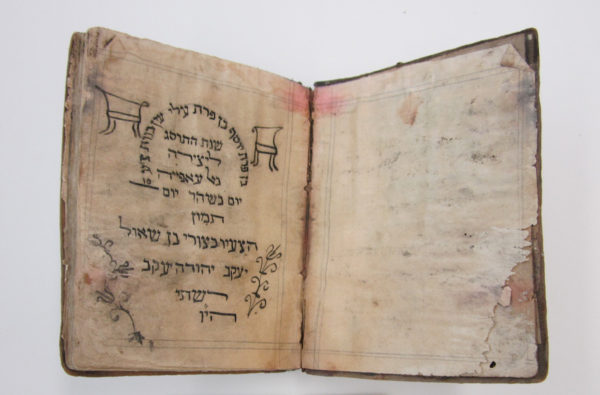
That doesn’t mean that Iraq should be totally deprived of its cultural patrimony. Since the archive has been fully digitized, there is no reason why a copy of it should not be made available to Iraq. The Iraqi authorities could then display the most important pieces in a permanent exhibition, thereby enabling Iraqi Muslims and Christians to learn a valuable lesson in history.
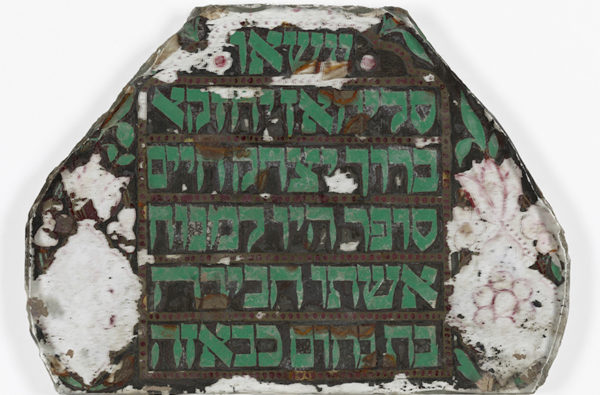
With the flight of most of Iraq’s 120,000 Jews following the declaration of Israel’s statehood, a succession of governments demonized, marginalized and persecuted Jews, obliterating their stellar contributions to Iraqi society. This policy hardened after the 1963 Baathist coup, the 1967 Six Day War and the 1979 accession to power of Saddam Hussein.
A digitized version of the Iraqi Jewish Archive in Baghdad could have a positive influence on Iraqis who wish to expand their knowledge of their nation.

